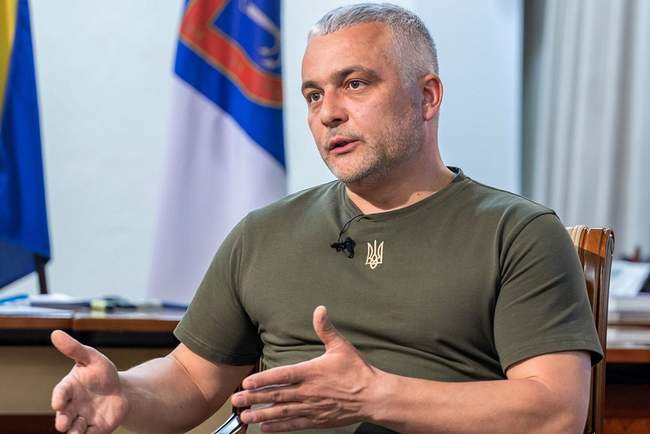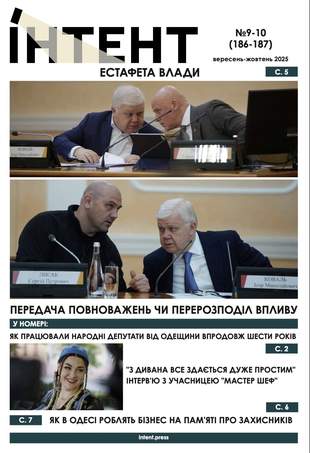Меню
Social networks
Sections
Sept. 6, 2024, 5:59 p.m.
Head of Odesa Regional State Administration takes control of almost all agricultural exports: Kiper's response
Цей матеріал також доступний українською210

Photo: Odesa OVA
Oleh Kiper, head of the Odesa Regional State Administration, commented on a media investigation that suggested he could have taken control of almost all of the region's agricultural exports.
Kiper told Ukrinform about this.
Thus, in a journalistic investigation by Hromadske, there were accusations of abuse of power when new rules for grain exports were introduced. According to these rules, entrepreneurs must submit the necessary documents to customs 10 days before loading cargo.
Kiper denied the allegations, noting that if there were violations, law enforcement agencies would have already investigated them. He added that this issue should be discussed after the war is over. According to him, the order resulted in a 20% increase in export duties on certain goods, including sunflower oil, which had a positive impact on the economy. Before the introduction of these rules, the amount of unreturned foreign exchange earnings reached $7 billion, and now this figure has decreased to $2 billion.
According to the head of the UBA, the new rules have made cash payments less profitable for farmers. Previously, cash payments were offered at UAH 9,000 per ton of grain, but now the price for non-cash payments is UAH 9,000, and cash payments are only UAH 6,000. In his opinion, this encourages the use of official payments, which helps to increase tax revenues.
Mr.Kiper also commented on the allegations that the new rules have allegedly led to an increase in the number of one-day firms. He noted that he has not seen any evidence of this and believes that the investigation is aimed at attracting attention.
Regarding his connection to companies that help legalize unaccounted for harvests, the head of the Odesa regional tax office said he had no relation to these companies and emphasized that the main thing is to pay taxes, which benefits the country's budget.
"The law stipulates 14% VAT. Perhaps, to legalize themselves, they tried to pay this 14% of the cost of grain to get a tax decision to pay taxes. If they pay taxes, I see nothing wrong with that. As for the five companies, I haven't heard anything about that. I'm ready to be their head, as long as they pay taxes," Kiper said.











